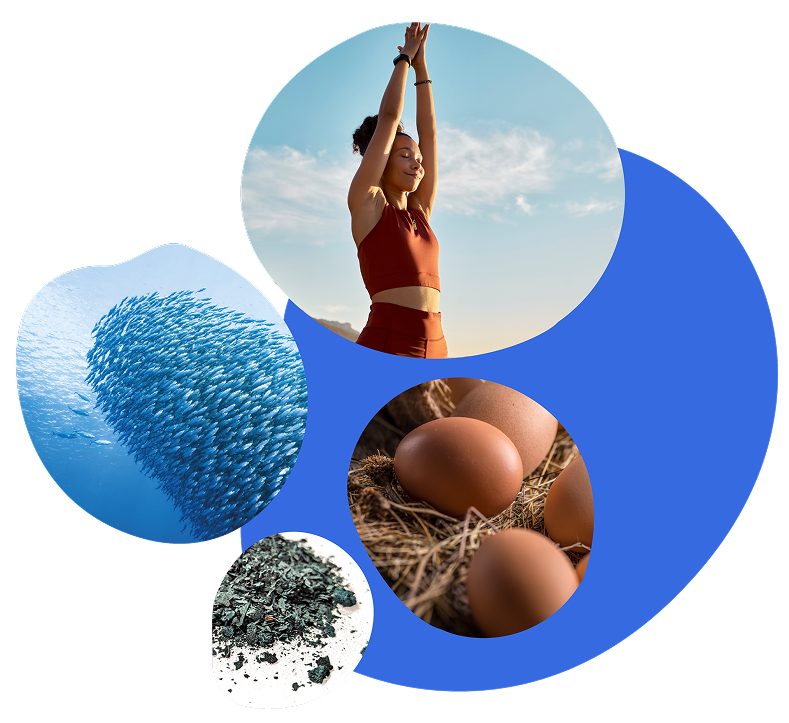
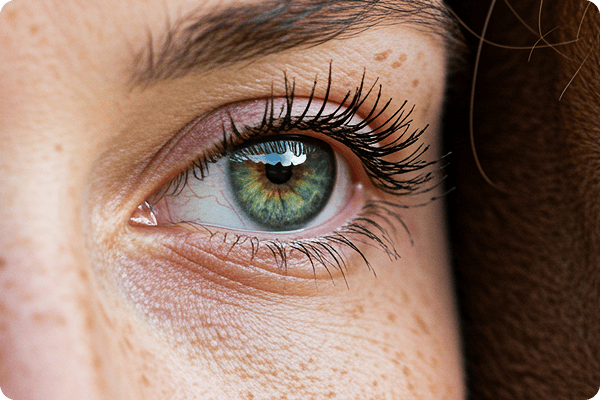
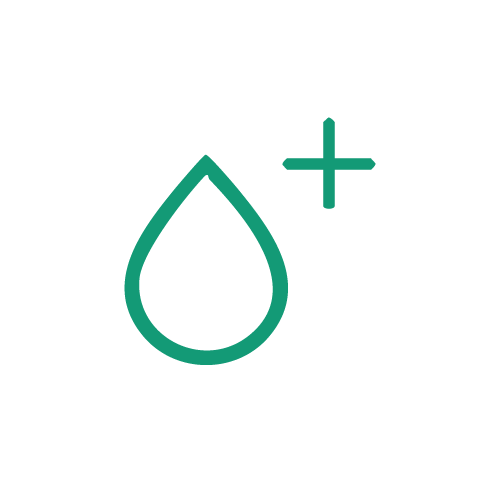


Based on a novel non-GMO strain of Nannochloropsis, rich in Omega-3 and the extreme powerful antioxidant astaxanthin.
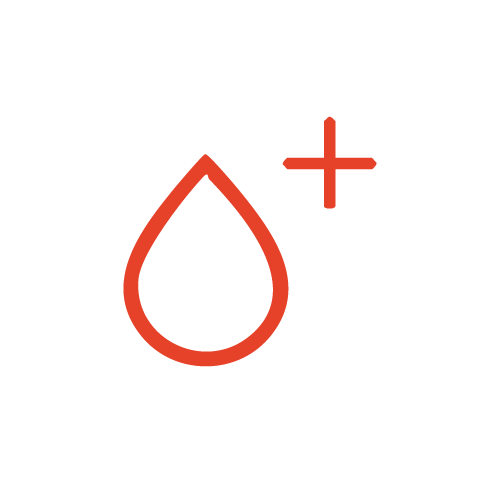











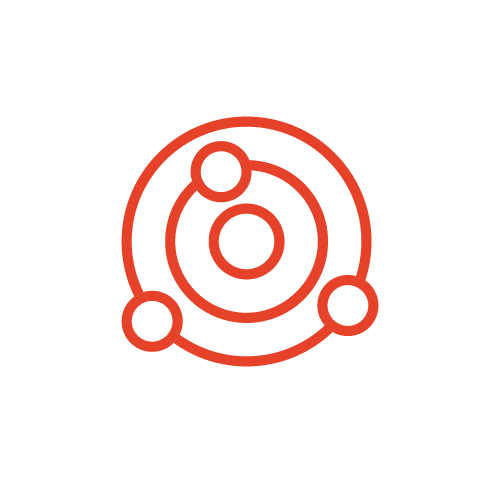


Derived from a novel engineered microalgal strain enriched in astaxanthin, in the form of oil extract, non-GMO.










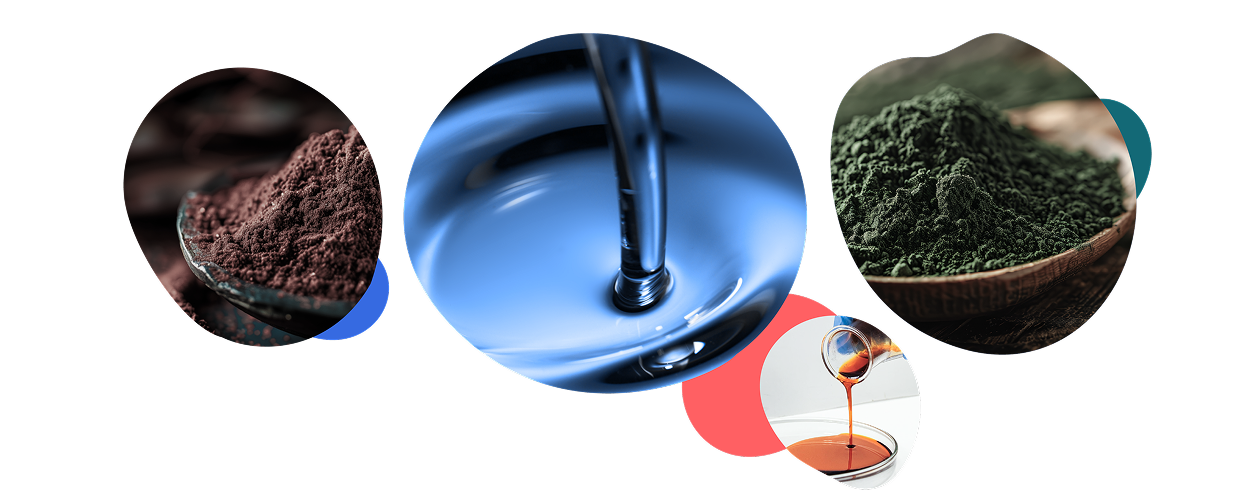
Asteasier
Strada Le Grazie 15
37134 Verona, Italy
c/o University of Verona, Department of biotechnology
Strada Le Grazie 15
37134 Verona, Italy
c/o Algae Spa
Via Torchio 259
41019 Soliera, Modena, Italy